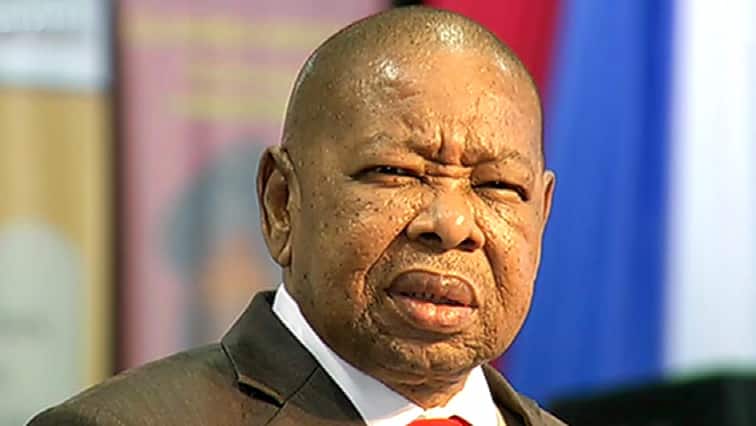South Africa’s tertiary students will receive free data for the next three months and laptops to help them with online education during the lockdown.
“We acknowledge that the cost of connectivity remains a huge barrier for students who want to use the digital learning mode as part of our multi-modal and remote learning,” Blade Nzimande, Minister of Higher Education, Science and Innovation, said on Saturday.
“The department has successfully negotiated with all mobile network operators a favourable rates for NSFAS students, including the Funza Lushaka students, who will receive 10GB daytime and 20GB night-time data for three months, starting from 1 June till the end of August, as subsidised by the government.”
Nzimande was speaking at a media briefing on the Post School Education and Training further measures in response to COVID-19.
He said NSFAS and Funza Lushaka students must register their sim cards to their institutions to load data to their devices. During this period, students must also not change their sim cards so as to enable their institutions to load data to their devices.
“I just want to emphasise that this data that needy students will receive must be used for dedicated online educational platforms for teaching and learning as approved by institutions.”
Electronic Network Providers, including the Mobile Network Operators, already have zero-rated educational content sites of public universities, TVET and CET Colleges, including Agricultural and Nursing Colleges. Zero-rating means that access to institutional websites will be free, although some of the embedded content like YouTube and videos will be charged for.
But students who fall within the so-called “missing middle” category, as well as students in private institutions, don’t qualify to receive free data.
Nzimande also said students from TVET colleges will also receive laptops.
Stipends have been provided to all SETAS, he explained.
Free digital content has been made available specifically to TVET College students through DHET website, the National Open Learning System (NOLS), institutional websites and other sites, where students can find digital materials which will assist them in their learning and preparation for exams.
Nzimande said all public universities have developed detailed strategies for remote multi-modal teaching and learning during the period of the current lockdown, for implementation as from the beginning of June. Each institution is committed to ensuring that all students are given a fair opportunity to complete the academic year 2020.
“We are working closely with all universities to ensure the implementation of this commitment,” he said.
Universities will also be delivering paper-based teaching and learning materials to students who do not have the resources to engage electronically or online.
“The physical delivery of learning materials is one aspect of our multimodal approach that many of our universities are implementing,” said Nzimande. “The implementation of this intervention depends on each university’s assessment of the number of students that require this kind of support.”

1 Comment
Yes